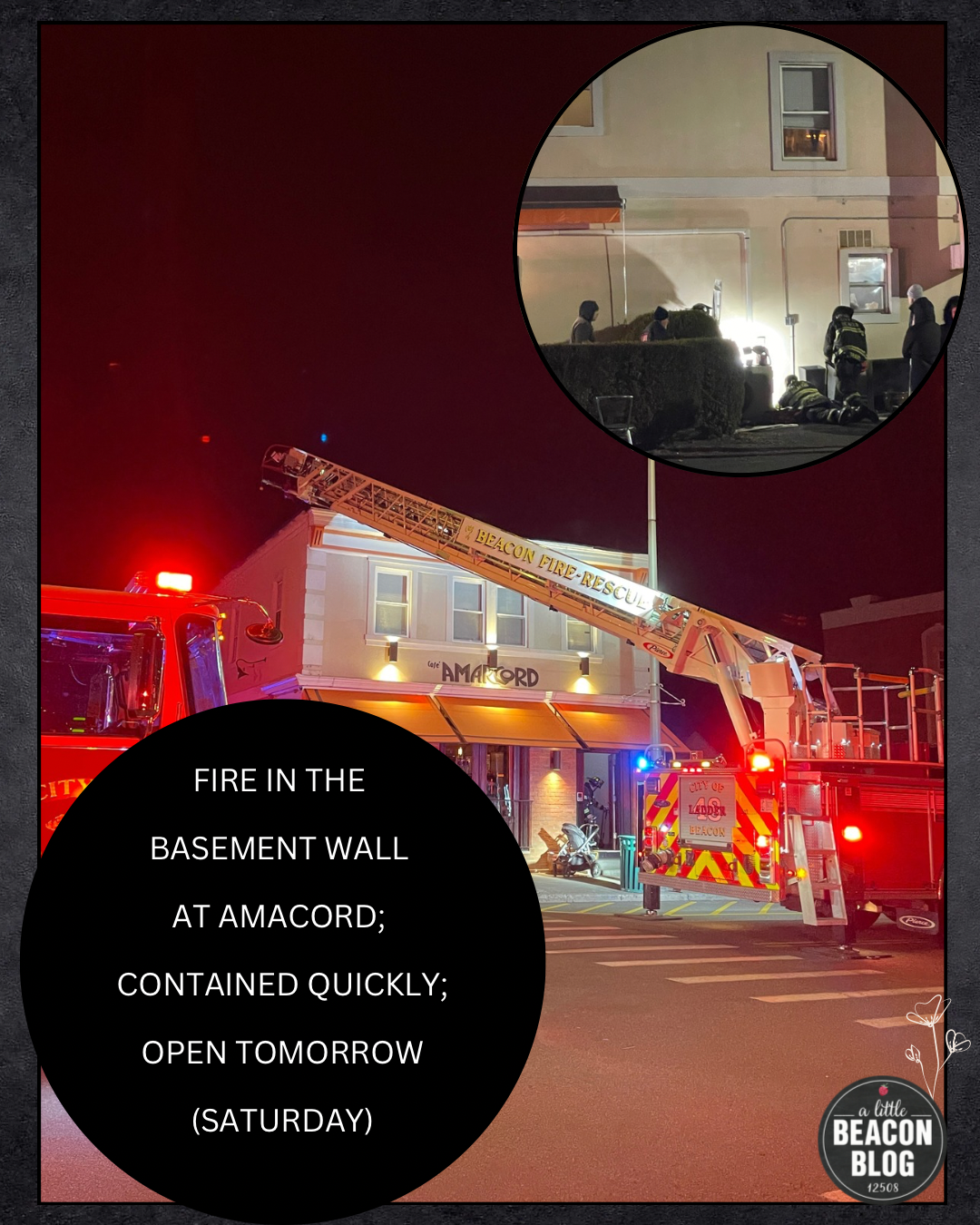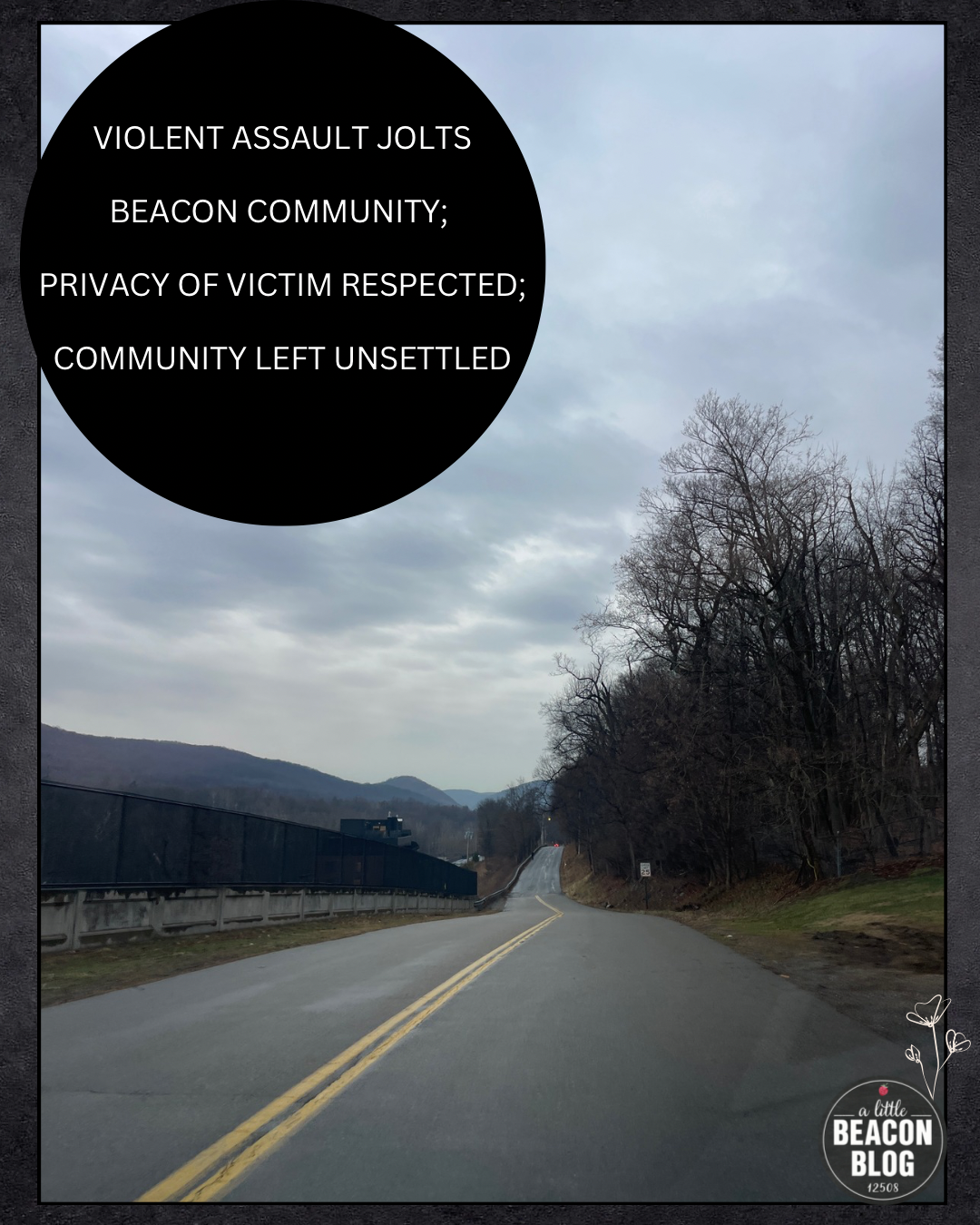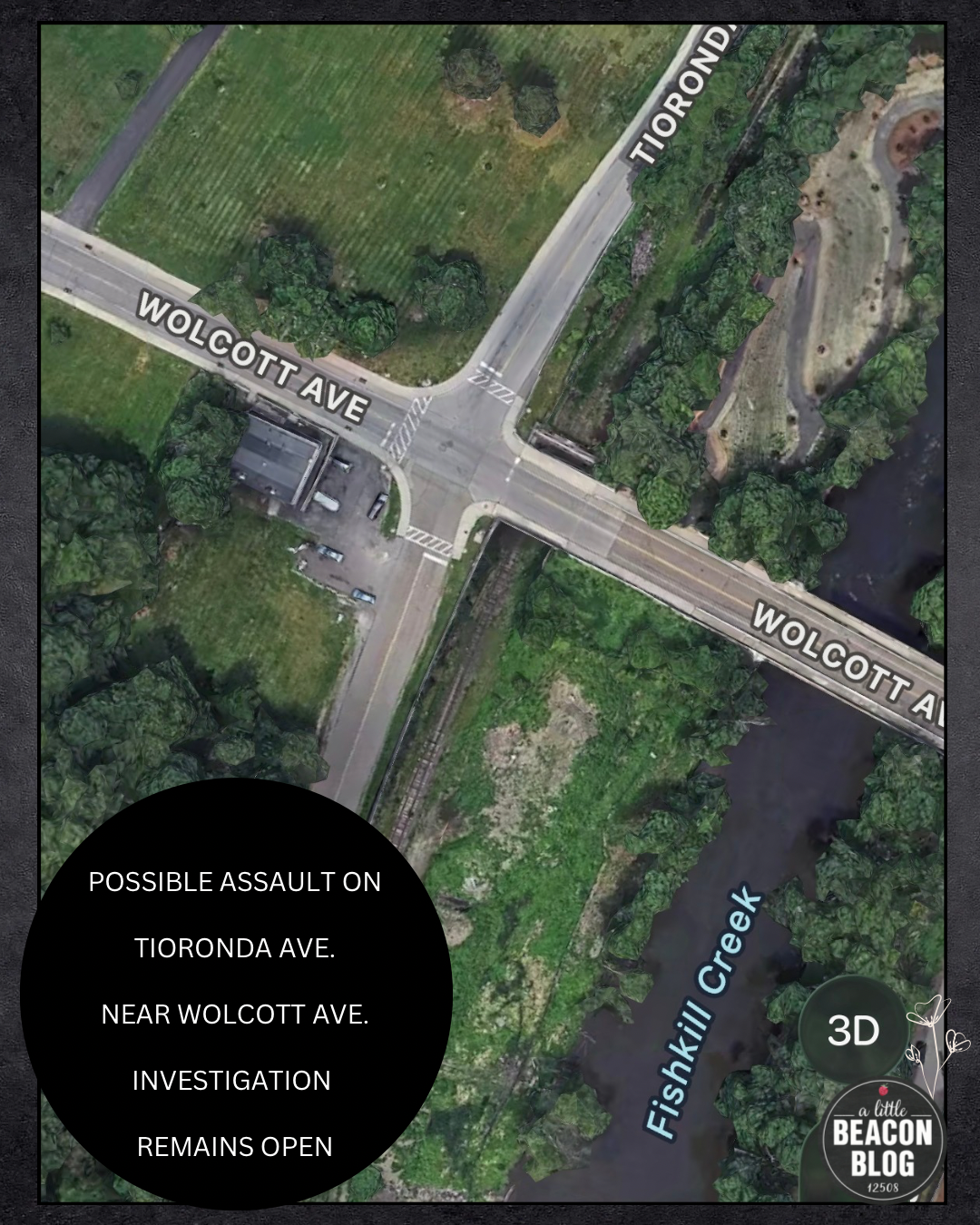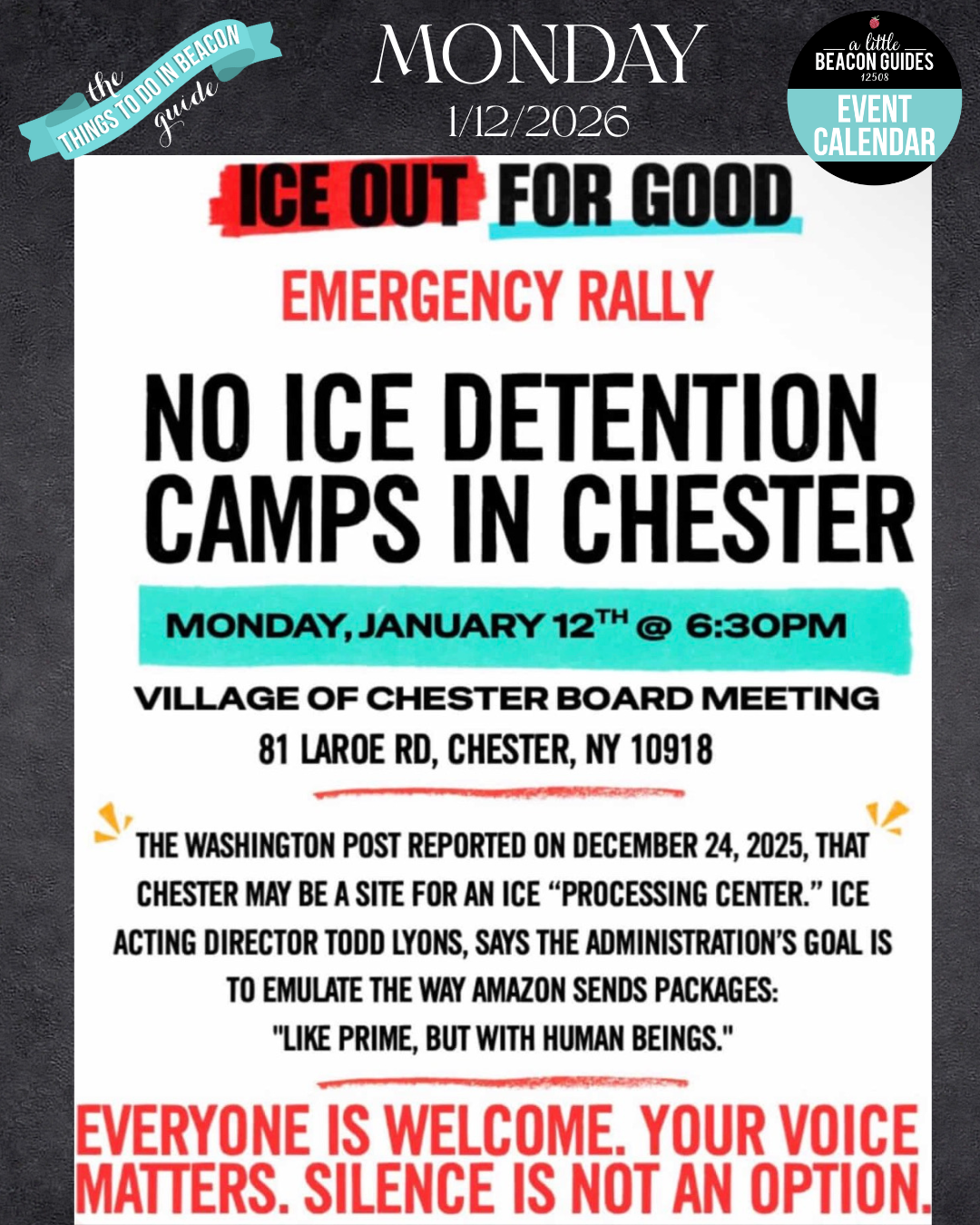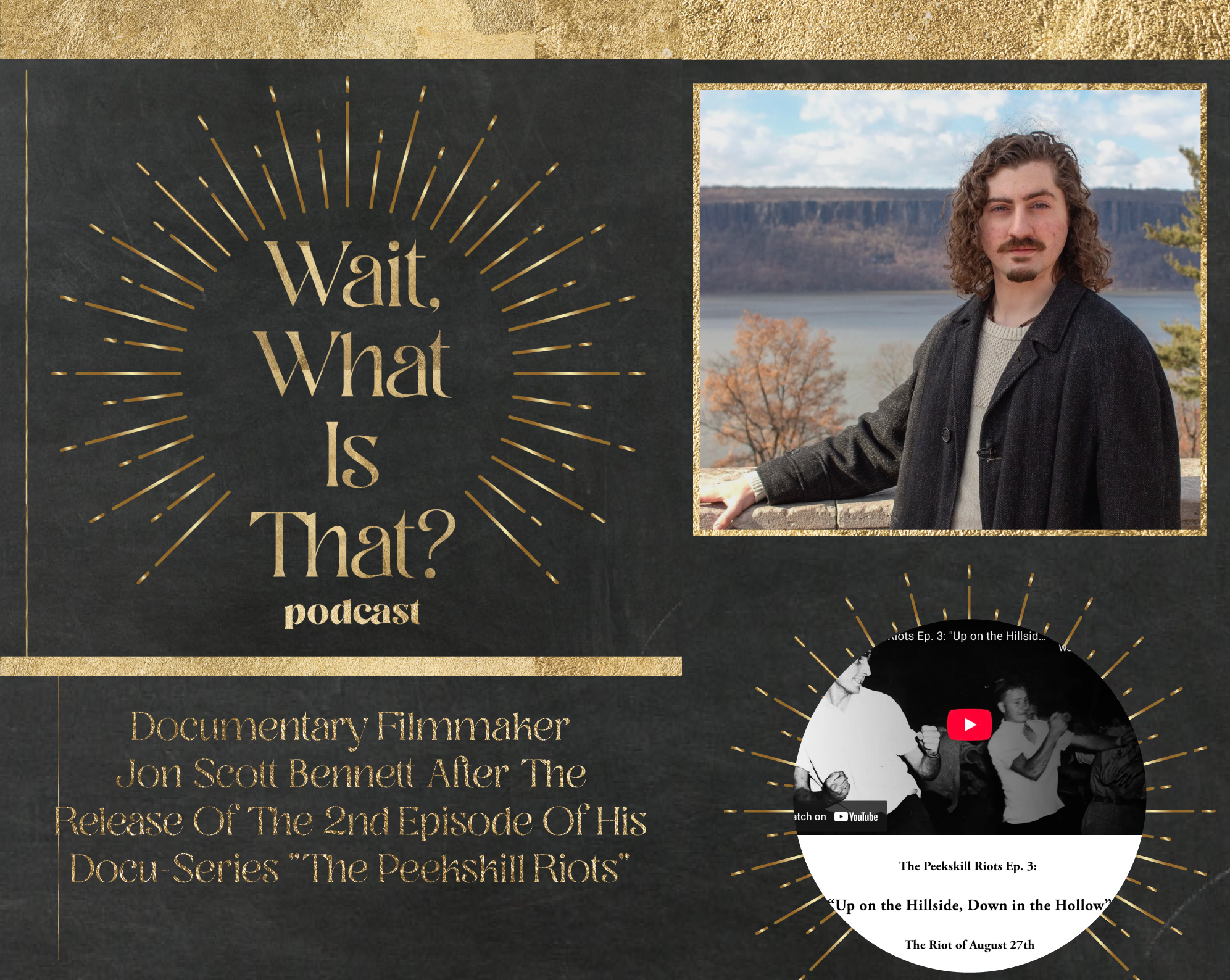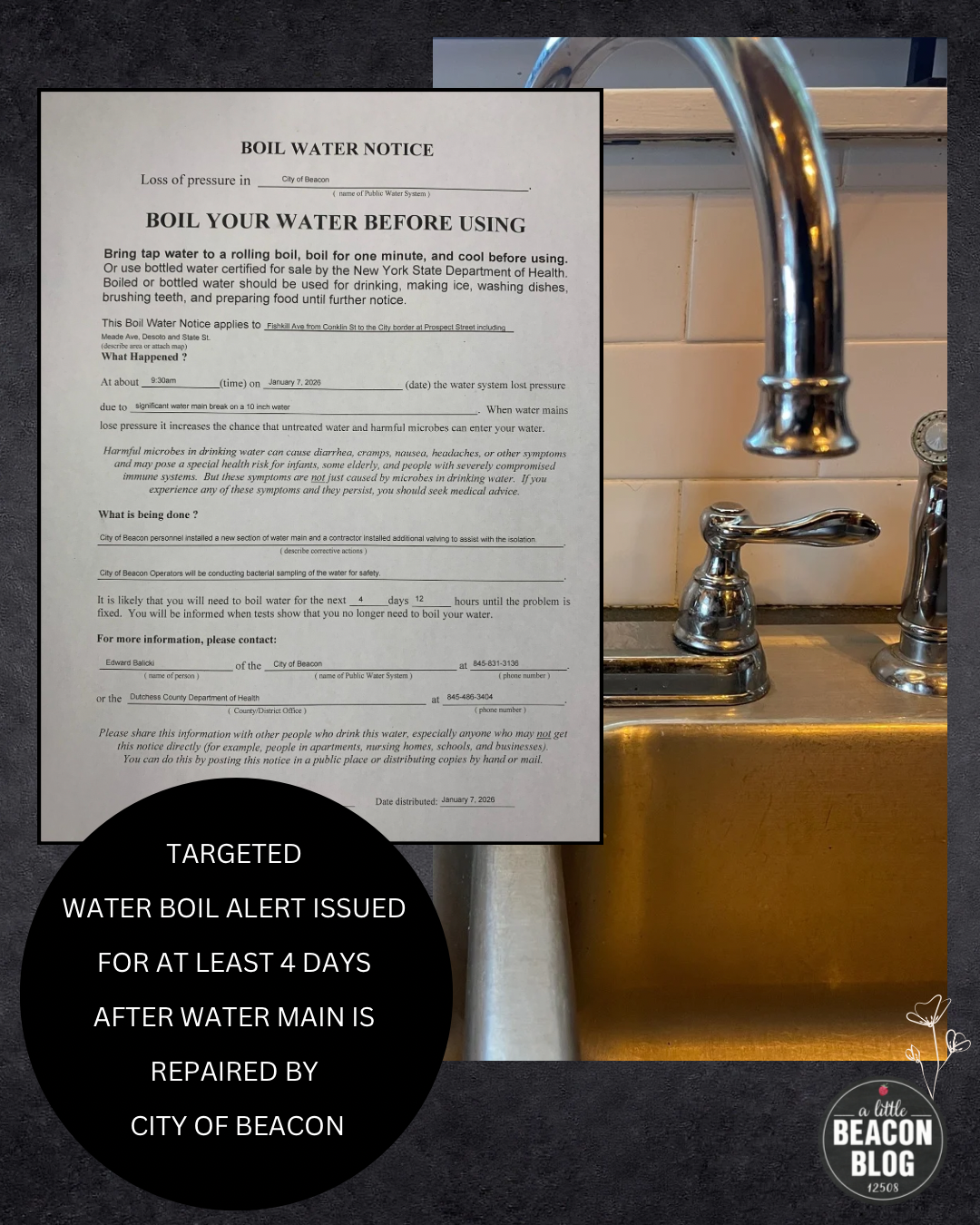Interview With Local Muslim Women On Their View of Iranian Protests, Hijab, Free Will & Support of Iranian Women
/In writing the article covering the performance protest from Iranian born Beaconite, Maryam Mehrjui, the protests of which are based on the killing of the 22-year old Kurdish woman, Mahsa Amini while in Iranian “morality police” custody for wearing her hijab improperly, the question arises: “How will the world see the hijab as a practice, and the women wearing the hijab (also called ‘hijabis’) both locally and in the world? Will this damage the safety they feel walking around, and create more misunderstanding? Will this embolden places like France to complete their different steps of legislation to ban the hijab? Will hijabi women who love wearing their hijabs - as opposed to those who are forced to by their governments - need to take up scarves to protest to save it?”
That was 4.75 questions. To answer these questions, A Little Beacon Blog interviewed two local Muslim women - one from Beacon and one from Orange County - one who wears the hijab and one who does not - both of whom are Palestinian.
ALBB: Can the protests against forcing women to wear the hijab in Iran harm women here in Beacon or Wappingers or Newburgh who do want to wear hijab by choice?
“It is already happening,” said Sereen El Jamal, a Palestinian New Yorker living in Orange County who participated in the pro-Palestinian march in Newburgh in 2021 and wears hijab. “It is being taken like that by a lot of people. Take your scarf off and burn it. Very different.”
Sereen was recommended to ALBB to interview by Khitam Jamal Nakhleh, sister to Kamel Jamal, an outspoken restaurant owner in Beacon. Sereen is their cousin. Said Sereen to ALBB: “I haven't really spoken out about it because the way that everybody is looking at it is if you wear hijab, you are supporting the oppression of Iranian women.”
How does Sereen feel about that sentiment? “I don't have the energy to think like that,” she said. “The only thing I said was in a repost. This isn't a protest on hijab. Not necessarily. Not a protest against religion. It's a protest against the government.”
Sereen went on to explain: “That's not how Islamic law is enforced. What they [the Irani government] are doing is anti-Islamic. It is nobody's job to force you to cover your hair. We are born with free will.”
As Sereen was speaking her feelings, she expanded upon what was being protested: “I can't force people to do what I feel is right. The way that government enforces it is wrong. In no way is it right to kill a woman for not covering her hair properly. To say something badly about the religion itself, or to burn a hijab, is also wrong. We have to find a balance, to say OK, I am protesting for human rights. Not against a religion.”
Khitam, on the other hand, does not wear hijab. She explained: “In Islamic religion, you wear hijab and modest clothes. You leave it to the imagination. I'm a religious person, I try to do things good enough. My mother didn't wear a hijab until her late 40s. Her husband, my father, can't force her to wear it.”
“I'm Muslim. I don't cover my hair. I give to charities. I do everything. It is a choice for me. It is a choice for a woman to wear it or not. No one should judge you if you wear it or not. I'm going to wear it when I'm ready to wear it. If I'm ever ready to wear it.”
Feelings From Wanting To Wear Hijab By Choice
Sereen volunteered explaining how she feels wearing hijab. “For me, wearing a hijab is feeling. No one will look at me and judge me and based on ‘oh, she is really pretty.’ I know I'm really pretty. When people look at me, it's purely who I am that makes people like me.”
She continued: “I'm not looked at in people's opinion's based on my looks. Obviously I make myself presentable, and I dress modestly. Me dressing modestly - that being my choice - frees me from thinking that the whole world is thinking whatever they are going to think. It is purely who I am.”
It's more about your inner beauty. We see - most women who wear hijab - we see it in a freeing way. We see it as empowering. It's a shame that people are forced into it, to the point where they don't see the beauty behind it. They get no chance to understand why they are wearing it. What the beauty behind it is. It's wrong. For the government to do that.”
Islam and Women
“Islam as a religion is very supportive of women,” reflected Sereen. “We are given rights as Muslims...that nobody is obligated to give us. Our religion gives us rights and support and empowerment. I can't even...,” Sereen begins to express her feelings, but can’t. “People just take it and twist it most of the time.”
“A woman is so valuable because the rest of the human race would not exist without a woman. This whole ‘the women are oppressed’ - that is a patriarchal government that is oppressing women. They hide behind the religion. They say it is because it is religion but that's not how it is enforced.”
In the book “Secrets of Divine Love: A Spiritual Journey Into the Heart of Islam,” by A. Helwa, the author describes it as: “Men and women are not physically identical, but they are equal in value in the eyes of God, for the soul has no gender. As the Prophet Muhammad (pbuh) says, ‘Verily, women are the twin halves of men.’ In fact the word for ‘Eve’ in Arabic is the same as the Hebrew word Hawwaah, which comes from a root word that means ‘source of life.'“
Sereen continued: “I don't believe in what you believe in, nor do you have to believe in what I believe in. You are entitled to your own religions. And I'm entitled to mine*
*Surah 109 of the Qur’an
It is un-Islamic to force anyone to do anything. The whole premise of our religion is intention. If I am forcing you to practice - oh you’re doing it because I'm telling you - then you're not doing it for the right reason.”
Sereen concluded: “God gave people free will. It is not any government’s job to force them. Let them come to that point by themselves. Rather than bringing people closer to the religion, they [the Iranian government] are pushing them away.”














